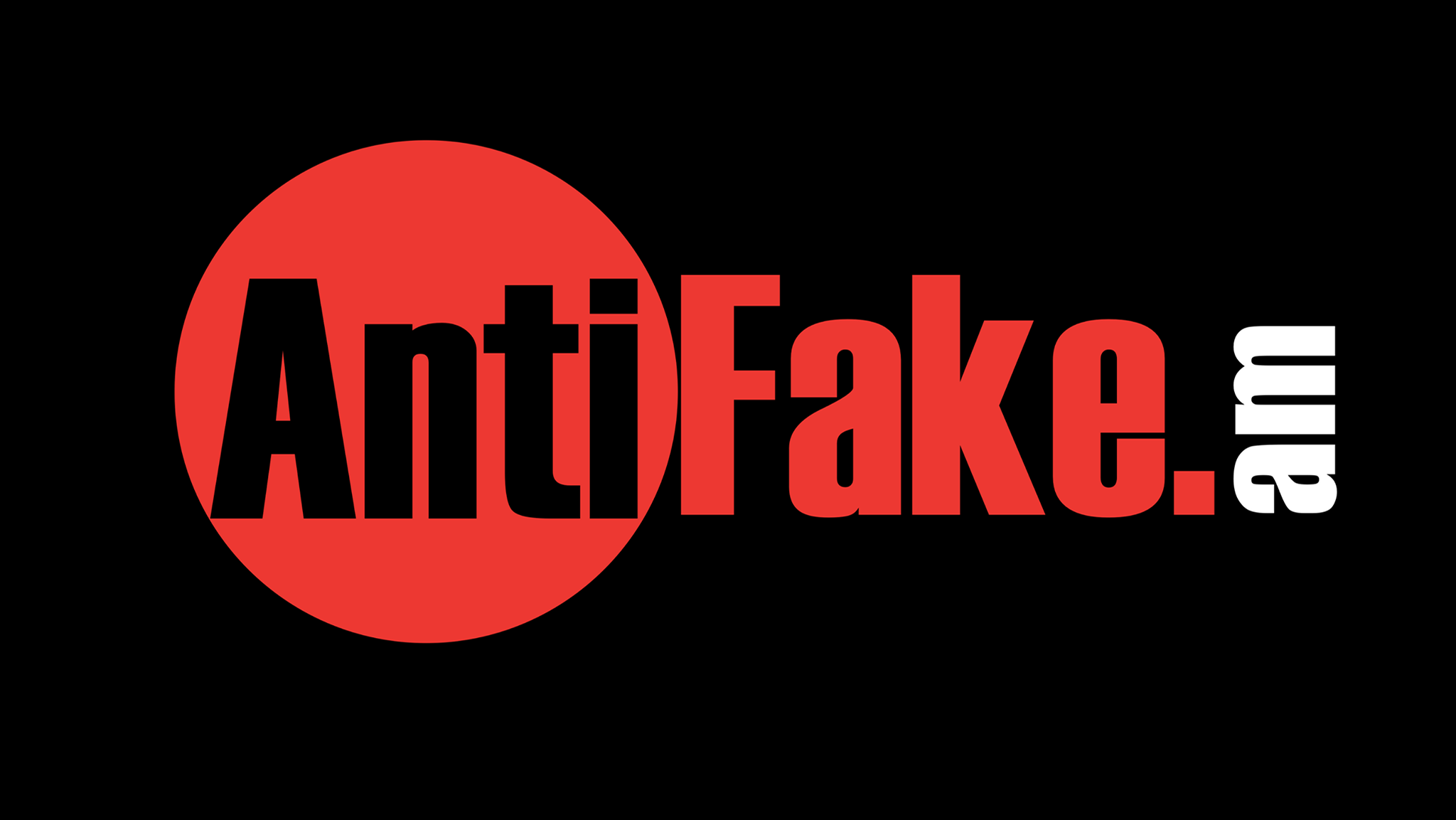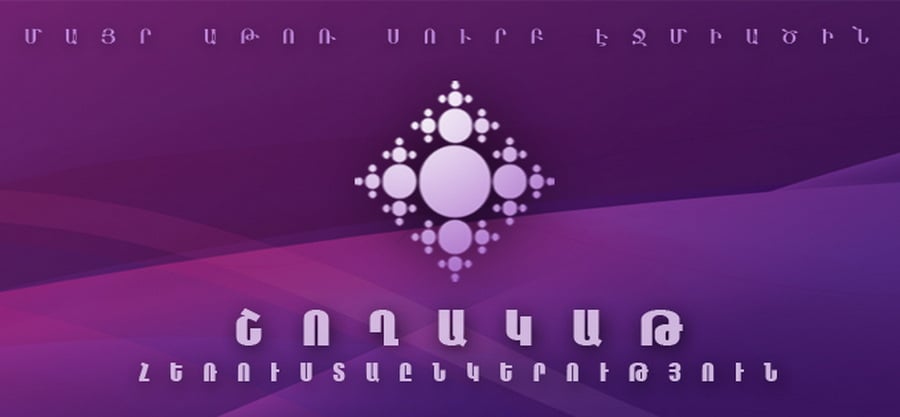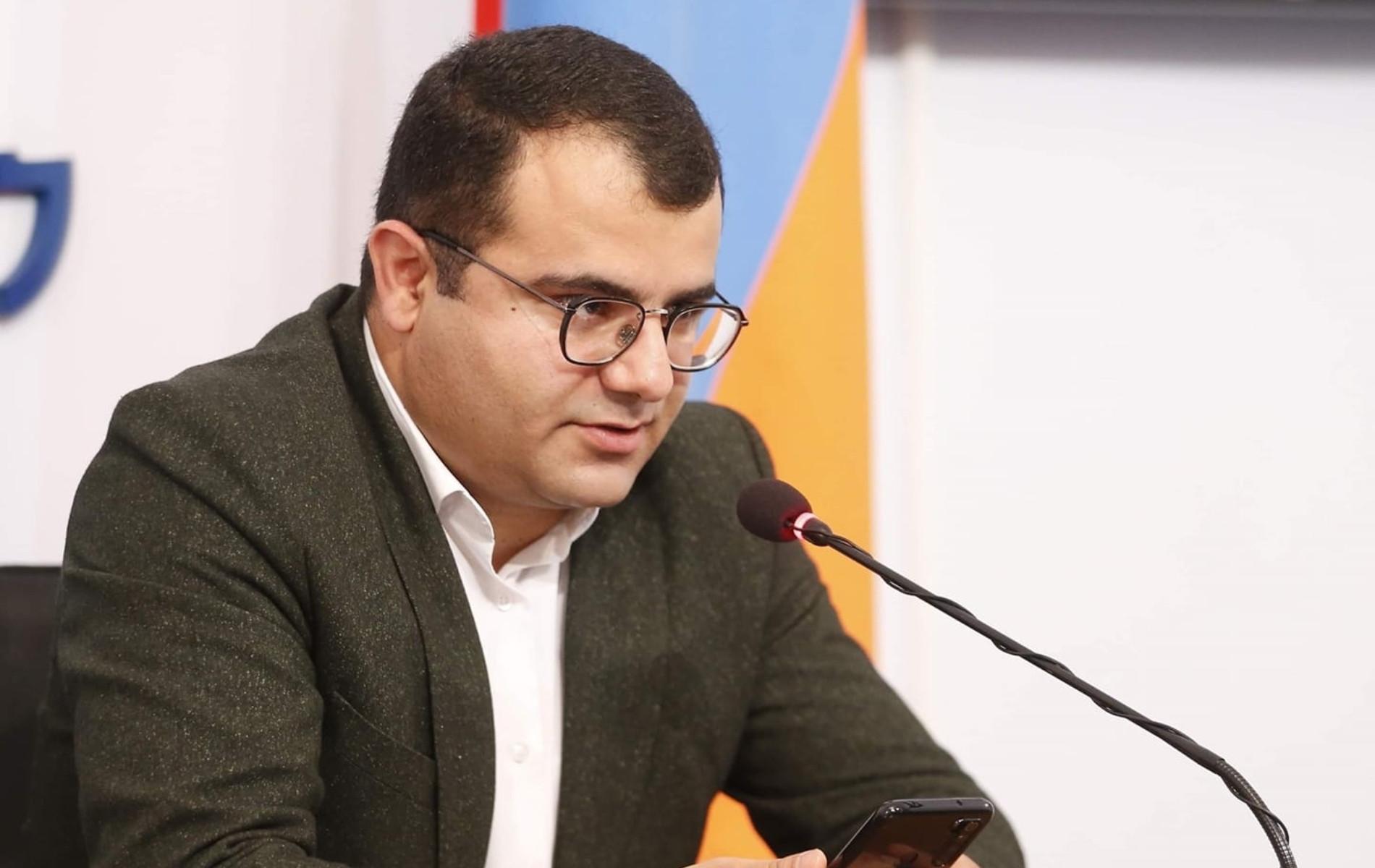Another change made in the “Law on TV and Radio” turned up, which was passed under strict secrecy.
The unknown to us legislative change was found out quite unexpectedly. When recently we were getting familiar with the terms and conditions of the tender for licensing the digital broadcasting private network (multiplex) announced by the TV and Radio Commission, we noticed that unlike the previous cases, this time the applications will be received not within three, but six months. We tried to find out what it is conditioned by. Armen Mkrtchyan, member of the TVRC said, “It is a requirement of the law.”
We found that change in the law, which to us, who always study the problems in the field of broadcasting, was something new. It was adopted on October 10, 2017 and really, it stipulates several changes and amendments in the “Law on TV and radio”, of which the significant one is that the period of receiving applications in the aforementioned tenders becomes six months instead of three. Quite possibly the author of the document – the previous government, and the TVRC made this kind of a decision based on the fact, that in 2016 and 2017 the tenders failed because of the absence of applications during the stipulated three months.
For years on end, those responsible in the field did not perceive that absence of applications is not conditioned by the period of their submission, but by the unacceptable conditions and requirements for the creation of private multiplex, which were stipulated by the law. They are unattractive from business perspective and do not promise any prospects from the viewpoint of developing the field of broadcasting. So, according to the law, the owner of the private multiplexor must broadcast through his/her own electronic communication network, and any rental is excluded. Its coverage should include the whole country, that is favor is done to big businesses only, and it is not allowed to create one multiplex in one or several communities or in separate provinces. Besides, rather a high state due is defined for the operation of the private multiplexor – AMD100mln.
These are the actual reasons for the absence of applications for the tenders, which are much more in depth, than the simple extension of the period for submission of applications and the approach that does solve the problem, which was made as a law. That was done without open public discussion.
Whereas with change of the law and formation of private multiplex at least two important problems could be solved: the monopoly of the public digital broadcasting network would be overcome, and opportunities would be created for more than 10 TV companies operating in the provinces, which were left out of the digitizing process and appeared in a difficult situation, to be able to continue their functioning.
Three news organizations – Committee to Protect Freedom of Expression, Yerevan Press Club and Center for Media Initiatives have always voiced these problems; moreover, they have developed a number of legislative recommendations and submitted them to the parliament. However, the RPA elite and formed by it TVRC have always thought of them as very liberalistic, even revolutionary, and although in the neighboring Georgia these approaches are being successfully used for many years, here they were rejected.
Why did that happen? The previous authorities have always strived to have controlled and obedient field of broadcasting. And they succeeded. They wanted to maintain that status quo, and not to make reforms and upgrade relations in this field. That is why almost all the changes and amendments made in the “Law on TV and radio” have been drafted behind the doors, and then, considering them as urgent, passed them in the parliament within a couple of days. As a rule, discussions with interested media organizations were considered useless, and engaging those NGO during the preparation of the bills was completely excluded. The same happened when preparing the mentioned changes.
But as times have really changed, we hope that revolutionary reforms will also include the field of broadcasting.
COMMITTEE TO PROTECT THE FREEDOM OF EXPRESSION









